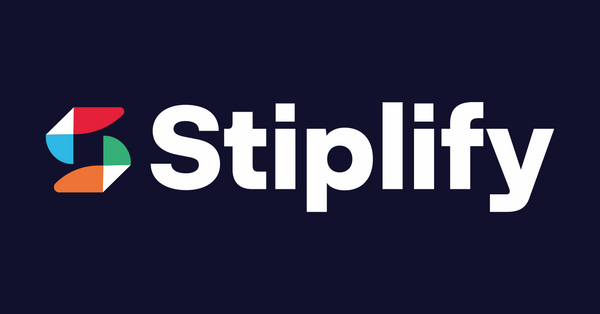
When a Hogwarts PhD Gets Interviews: What This Viral Resume Hoax Reveals About Branding in 2025
When a Hogwarts PhD Gets Interviews: What This Viral Resume Hoax Reveals About Branding in 2025
Earlier this month, a fake resume listing a “PhD from Hogwarts,” fluency in 97 languages, and work experience with the “Ministry of Magic” went viral—and still landed real interview calls. According to Hindustan Times, the creator sent out over 600 applications with fabricated, outlandish credentials, and still received multiple interview requests, despite clear inconsistencies and absurdities in the profile.
This isn’t just an HR or recruitment story. It’s a marketing story—one that sheds light on how branding, perception, and platform dynamics shape decision-making far beyond product pages and social feeds.
1. The Resume as a Brand Asset
In many ways, a resume is a personal landing page—a condensed narrative of value, credibility, and promise. The Hogwarts PhD hoax underscores how much weight modern decision-making gives to aesthetics, keyword strategy, and familiarity over authenticity. The formatting was clean. The phrasing was AI-optimized. And that was enough to trigger interview invites—even when the content was laughable.
In marketing, we often preach storytelling and emotional resonance. But this trend raises an uncomfortable truth: slick presentation alone can override substance, at least initially.
2. Algorithms Over Accuracy
The job platforms where these resumes were submitted (such as LinkedIn, Indeed, and others) use AI and keyword-matching algorithms to filter candidates. This mirrors how brand content is surfaced (or buried) on Google, social media, and marketplaces.
If AI systems are failing to distinguish between legitimate expertise and fabricated nonsense in recruiting, marketers must ask:
Are our own platforms optimizing for perceived authority over actual value?
This highlights a growing need for human validation, ethical AI use, and smarter content auditing—because trust, once lost, is hard to rebuild.
3. The Collapse of Trust Signals
This story also punctuates the erosion of traditional credibility markers. Degree? Fabricated. Languages? Exaggerated. Employment history? Fictional. Yet interviewers still responded.
In the marketing world, we rely on trust signals—testimonials, certifications, media mentions. But as AI tools make content and credentials easier to fake, these signals are becoming less reliable and easier to spoof.
- Rethink what credible content actually looks like
- Emphasize transparency over polish
- Invest in formats that are harder to forge (e.g., behind-the-scenes content, verified social proof)
4. Virality ≠ Legitimacy
The Hogwarts resume got attention precisely because it was absurd—but attention is not the same as credibility. Brands often chase viral potential, but the takeaway here is cautionary: reach without rigor can backfire.
This parallels influencer marketing, where follower counts are sometimes prioritized over alignment or authenticity. The result? Engagement without conversion. Visibility without trust. Stories without substance.
5. What Brands Can Learn
For marketers, this case is a reminder to:
- Audit brand messaging for authenticity—not just optimization
- Balance AI-assisted creation with human oversight
- Treat every touchpoint (from LinkedIn posts to blog bios) as part of a trust ecosystem
- Avoid over-reliance on gamified platforms where credibility can be “hacked”
Marketing isn't just about getting attention. It's about earning belief. And in a world where even Hogwarts PhDs are getting interview invites, belief must be actively built and protected.
Final Thought
The fake resume story is funny—but it’s also a warning. In an age of AI-generated content, keyword-first thinking, and endless noise, the brands (and people) who will win aren’t the ones with the flashiest credentials, but the ones whose stories hold up under scrutiny.
Originally inspired by the viral resume case published by Hindustan Times, July 2025.
